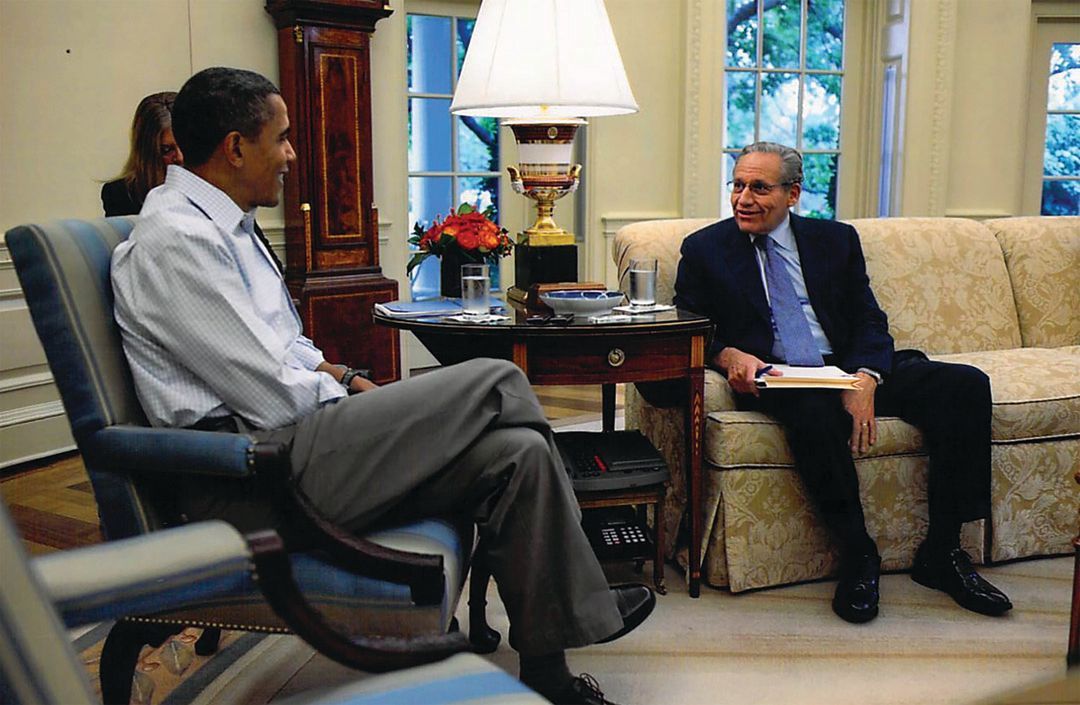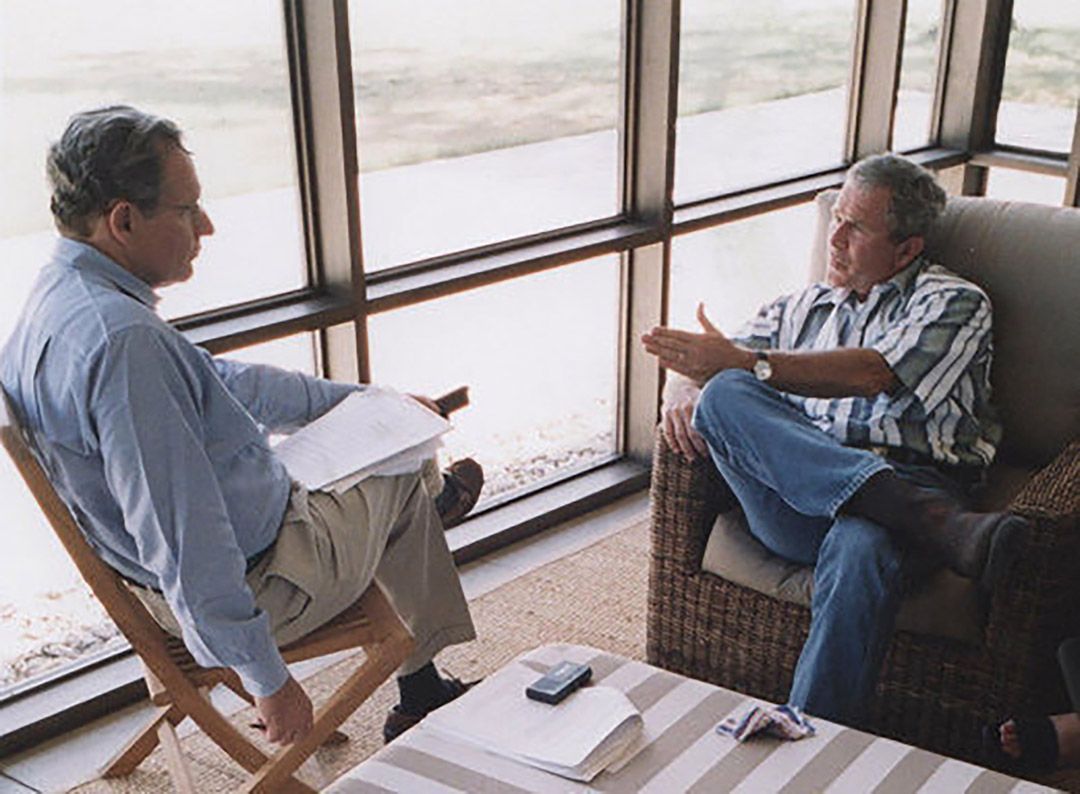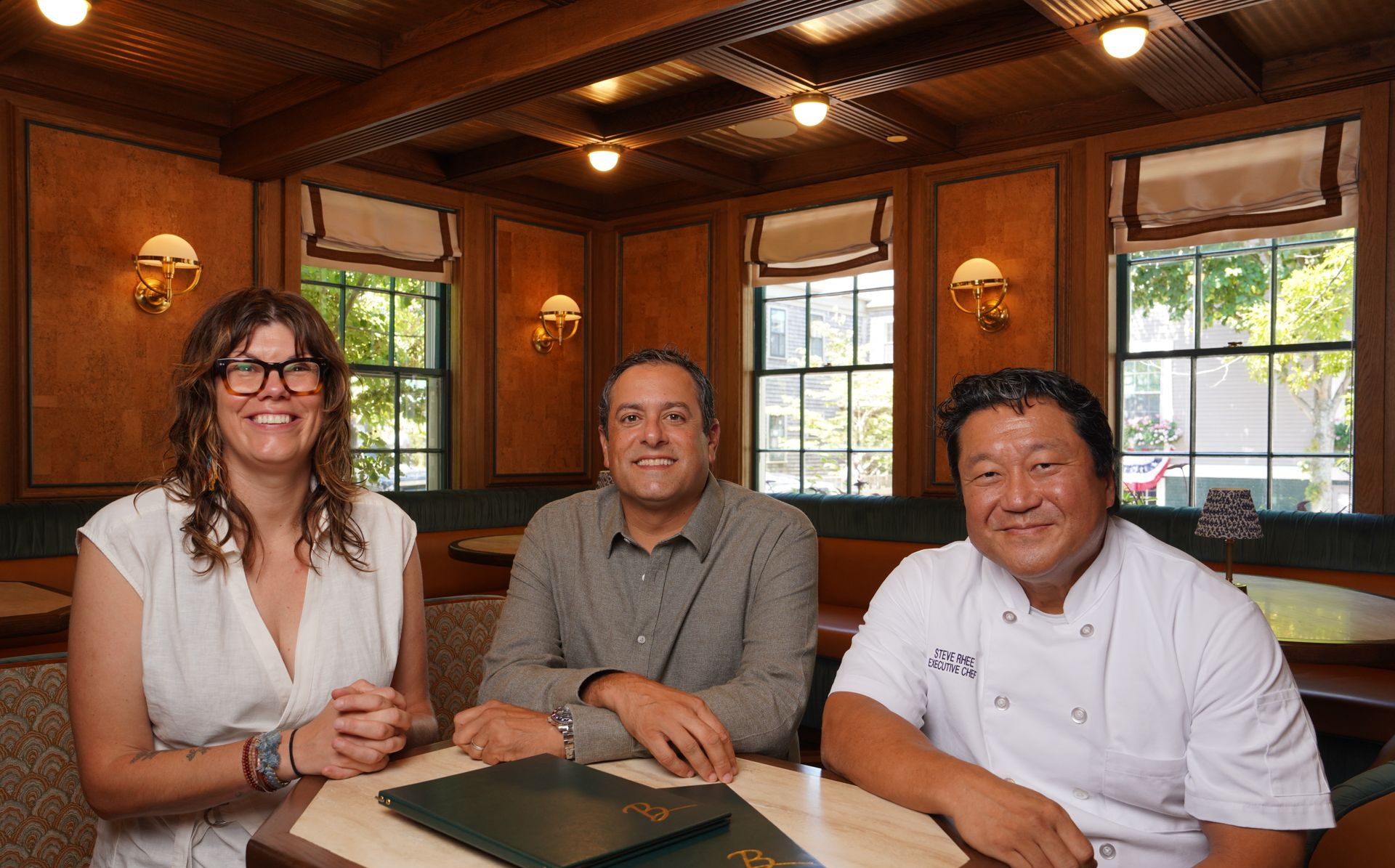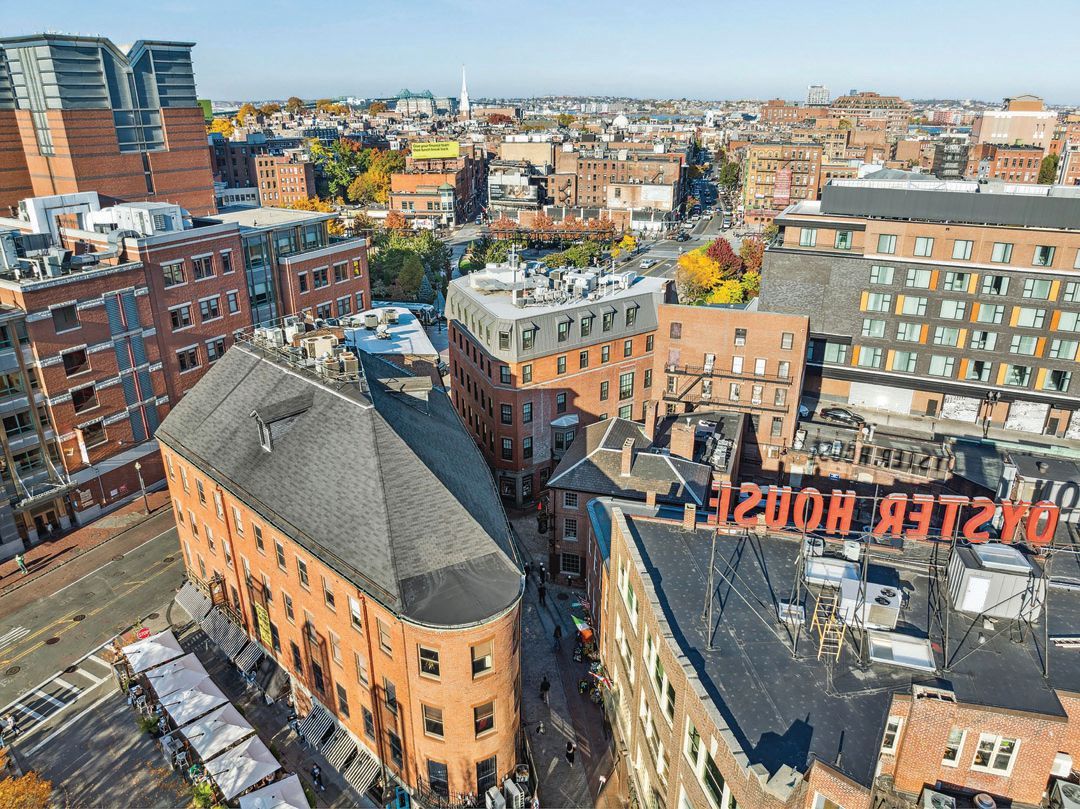Pressing Issues
Investigative Journalist Bob Woodward at the Nantucket Book Festival.
Interview by Bruce A. Percelay and Brian Bushard
Photography by Kit Noble
Bob Woodward was a 29-year-old reporter for The Washington Post when five men broke into the national Democratic headquarters at the Watergate Hotel in Washington D.C. The burglary—perhaps the most famous in American history—not only led to the resignation of former President Richard Nixon in1974; it also launched Woodward’s career as an investigative journalist. Since his reporting with fellow journalist Carl Bernstein on Watergate, Woodward has gone on to write23 books. He has interviewed every president since Nixon, and has won two Pulitzer Prizes. This June, he comes to the Nantucket Book Festival to discuss his latest book, War, on the ongoing conflicts in Ukraine and the Gaza Strip. N Magazine sat down with him for a conversation on his recent book, and the state of both journalism and democracy today.
N Magazine: Have you been to Nantucket before?
Woodward: I was there in the early ’80s. I had a 45-foot sailboat named Timeless, and sailed it to Nantucket at least once and anchored there. It was a magnificent place. I sailed my sailboat around Nantucket, and in fact, for one sail, Katherine Graham, the owner and publisher of The Washington Post, was on the sailboat. We took her for a sail.
N Magazine: We are going through an incredibly tumultuous and divisive time as a country. Do you feel that what we are going through currently is just a moment in time, or do you feel that there has been a fundamental shift in the democratic system?
Woodward: What’s striking from interviewing 11 presidents over 50 years is the concentration of power in the office. The president can exercise that power, and we see [President Donald] Trump doing all kinds of things no president has ever done before. Seizing on that power because he's president, and in the culture and in the media—his role is amplified to a degree that I can't even put a number on it.
N Magazine: Have we had another president with the same influence over his base as Donald Trump?
Woodward: My big problem with Trump since 2020,when I did nine hours of interviews with him, is that he was warned that COVID is coming and is going to kill 650,000 people. He got that warning in January2020 and he didn't tell the public. He didn’t step up to that responsibility at all. I would say that's a moral felony to not do that. That is the year he lost his reelection, and pollsters and other analysts have said it's because of what he said in those interviews. The interviews made it very clear that he was not looking out for the American people, even though when I asked him what is the job of the president, he said, ‘To protect the American people.

N Magazine: Moving to Ukraine, in your book War, you say Vladimir Putin had a 50% chance of using tactical nuclear weapons. How real is the risk today of nuclear war in Ukraine?
Woodward: It always exists, though I think it’s diminished. As I report in the book, Russia has felt Ukraine was really theirs. They believed that they had an existential bond with Ukraine, and so they felt they were going to get it. And of course, that’s Putin and that's Putin’s absolute obsession with Ukraine.
N Magazine: What was the Biden administration’s relationship with Moscow?
Woodward: One of the discoveries in the book is that Biden had a realization from his experience in Congress about how we got into the Vietnam War, and that was because we sent American troops. That became the remedy. Biden was absolutely determined and succeeded in this determination to not send U.S. troops to Ukraine, to keep us out of another potential Vietnam. For the United States and for the U.S. military, that was such an important decision, because now as the war still goes on, there are no U.S. troops involved in the combat.
N Magazine: Was the war in Ukraine ever close to becoming the next Vietnam?
Woodward: That was always the threat and the worry and in the White House. It was John Finer, who was the Deputy National Security Advisor at the time, who concluded that this is what it must have been like during the Cuban Missile Crisis, that you’re in that moment where it can go to full war.
N Magazine: You have said the threat of nuclear war in Ukraine is the most serious nuclear threat that you have reported on. Is an end in sight?
Woodward: It’s not guaranteed. I go back to the transcript of what President Obama had told me in 2010 about what he worried about the most. I asked, ‘What keeps you up at night? What are you worried about?’ Obama said: ‘A potential game changer would be a nuclear weapon blowing up a major American city. And so when I go down the list of things I have to worry about all the time, that is at the top, because that's one area where you can't afford any mistakes.’ He’s saying, very plainly, that this is his biggest worry, and they have to structure their discussions in their meetings and their strategy around making sure this never happens. Later on, as I report in
War, Putin was threatening to use a tactical nuclear weapon. The key with Putin and the Russian doctrine is they can use tactical nuclear weapons if they are facing a catastrophic battlefield loss. This is the question—and it came very close. There was a moment where they faced a potentially catastrophic battlefield loss, and they could have used a tactical nuclear weapon. My reporting shows the extent to which Putin is isolated and is somebody who can't be counted on. The threat—as Jake Sullivan and John Finer in the Biden National Security Council say—got down to a coin flip of whether this might happen. As the intelligence agencies report, Putin is a danger and a threat. You can't tell what he’s going to do.

N Magazine: What were the differences between the Biden and Trump White House you found?
Woodward: There is a period of Trump’s first presidency, and you see how people prevented him from taking steps that were perilous. People like Gary Cohen and Rob Porter saying they’re going to take [a proposed withdrawal from the U.S.-Korea Free Trade Agreement] off his desk, because Trump has a short attention span and he won't remember—that he needs a trigger, something to remind him of this. The solution is hair-raising because something will click in his mind—‘Oh, get me that, and I’m going to sign it.
N Magazine: You quote Trump saying real power is fear. What have you learned about him?
Woodward: This is what the first book is called Fear. In an interview with Trump, I asked about power, and that's when Trump says, ‘Real power is—I don't like to use the term—but real power is fear.’ We see that exactly the way Trump operates to this day.
N Magazine: You also interviewed Trump in 1989 when he was 43 years old. What was your impression of Trump then? Did you ever think he would run for office?
Woodward: It was always possible, and you saw in that interview in1989—36 years ago—Trump’s mindset and one of his themes, which he lays out, which is, ‘Never fold, never give in.’ He was 43, areal estate developer in New York. There was no immediate sense that he would ever enter politics, at least by me. I think Carl [Bernstein]saw that possibility more vividly. Here you see Trump laying out some of his principles that he practices as a New York real estate developer, and then he gets into politics and is elected as president, becomes president, and you see those principles from 36 years earlier applied.
N Magazine: Your reporting along with Carl Bernstein during Watergate took down an American president. Fifty years later, do you think investigative reporting still holds that same power?
Woodward: I think it’s always been important. It couldn’t be more important now, with Trump as president, better know what he’s up to? What are his goals? That question that pulses throughout—who is he? I’ve addressed that in my books and some of it is answered, but there is an in complete report on Trump everywhere. I don't think anyone, including myself, has the full portrait. There are so many things to learn from investigative reporting, from standard daily and weekly reporting. Thomas Jefferson spoke of the importance of a free press and how given the choice between a government without newspapers and newspapers without government, he would have chosen the latter. With journalism under attack, how big a threat is this to our democratic system. Trump has attacked the news media somewhat effectively with fake news, and it's a standard denial mechanism that Nixon also practiced. It didn’t work for Nixon. We’re now at this central pivot point in history about where Trump is going, and what he’s going to do. It’s a future that I certainly can’t predict.
N Magazine: Speaking of the future, what is next for you?
Woodward: As a journalist, you keep gathering information, talking to people, working on the next thing. I haven't committed to what the next project is.
N Magazine: It's been over 50 years since Watergate and Nixon's resignation. You've won two Pulitzer Prizes. How do you see your legacy?
Woodward: The books and the work are there. I think the last thing somebody in journalism should think about is legacy. You do the work, it’s either accepted and supported and or not. Quite frankly, I try not to think about that.
N Magazine: Given your breadth of exposure to political leaders overtime and your intimate understanding of our political system, are you optimistic, pessimistic, or undecided about America’s future?
Woodward: I’m deeply troubled, because Trump and Elon Musk have assaulted the status quo, which is imperfect as it is. You can’t just go in and start arbitrarily slashing away, which is exactly what they’re doing. They are altering the fundamental makeup of the federal government. And some of it is going to be permanent. In five or 10 years, historians are going to be able to measure the impact of this. My assessment from doing all this work on this presidency is that it’s going to be profound, it’s going to be painful, and it will reverberate.






